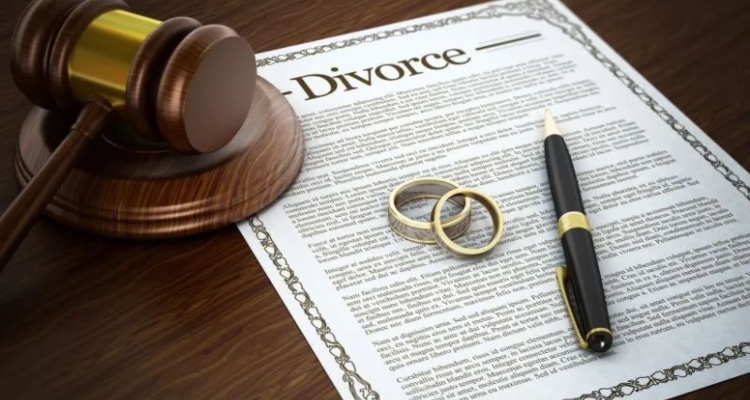
The Bombay High Court has dismissed an appeal by the family members of a deceased Pune resident, ruling that the right to seek divorce is personal and expires with the individual.
A bench comprising Justice Mangesh Patil and Justice Shailesh Brahme rejected the appeal, stating, “The right to seek divorce was a personal right of the deceased and the cause of action does not survive” for the family members. The bench further noted that the petition for divorce by mutual consent was abated upon the husband’s death.
Aniket and his wife, Shalaka, in October 2020 initiated a mutual consent divorce petition at the Dhule family court. However, Aniket passed away from Covid-19 on April 15, 2021, before the petition could be finalized.
Two weeks after Aniket’s death, Shalaka sought to withdraw her consent for the divorce, asking the court to dismiss the petition due to her estranged husband’s passing. Aniket’s family, including his mother and two brothers, opposed this request and sought recognition as his legal heirs to continue the matrimonial litigation.
The family court accepted Shalaka’s argument that the cause of action did not survive Aniket’s death and dismissed the divorce petition. Aniket’s family appealed to the Aurangabad bench of the high court, arguing that Shalaka had already received half of the ₹2.50 lakh settlement and that only a procedural second motion under Section 13-B (2) of the Hindu Marriage Act, 1956, remained. They contended that Aniket had effectively completed the process for a divorce by mutual consent through substantial performance of the settlement terms.
The high court rejected this argument, clarifying that Section 13-B requires both parties to submit a second motion (affirmation) for a divorce decree. The judges explained that the family court can only proceed with an inquiry if both parties jointly make such a motion. Without this joint motion, no further inquiry could be conducted.
The court concluded that Aniket’s heirs had no legal standing to pursue the petition or appeal the family court’s decision under Section 19 of the Family Courts Act.




